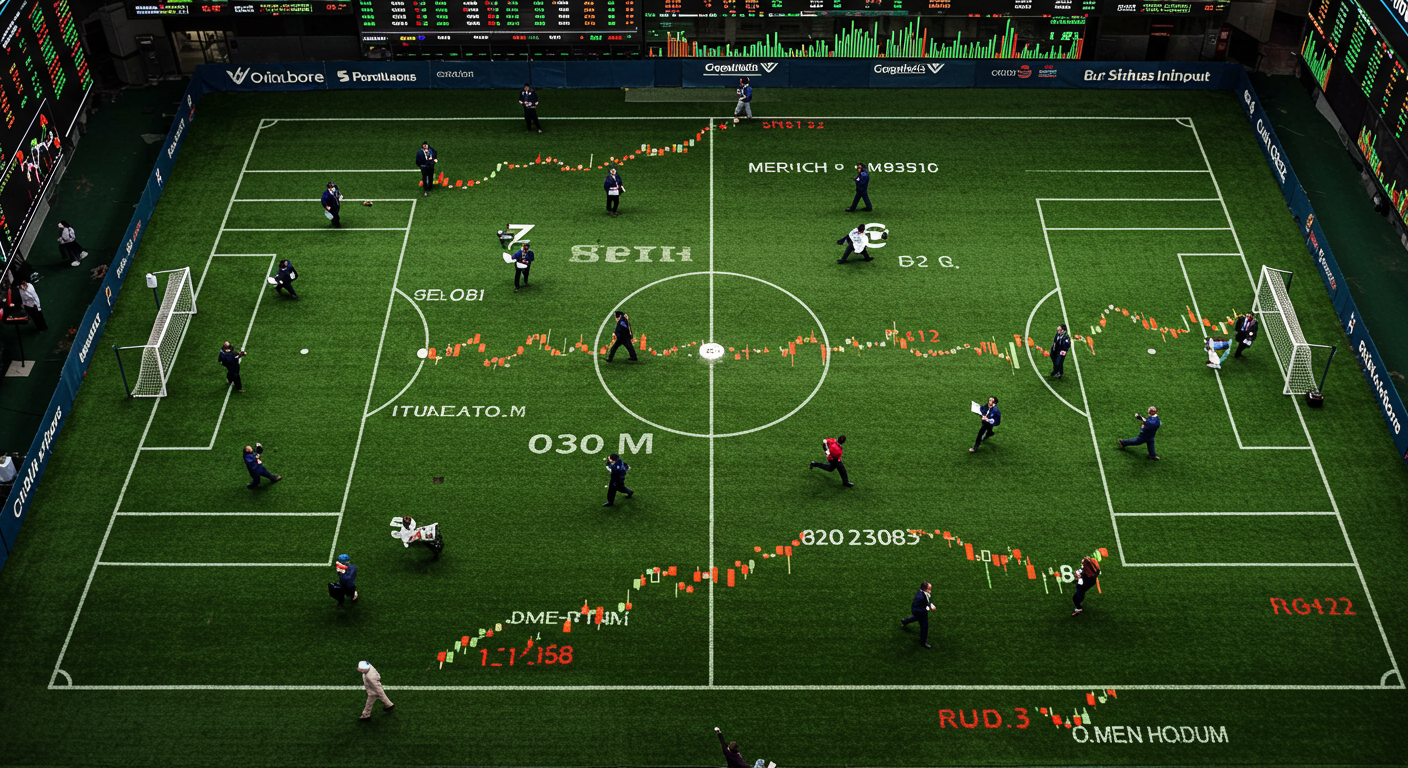The Securities and Exchange Commission, the Capital Markets and the Country (of Football)
The Brazilian Securities and Exchange Commission ("CVM") was created in 1976 as part of a series of measures designed to create a favorable environment for Brazilian companies to access the capital markets.
In addition to Law 6,385 of December 7, 1976, which provided for its creation, Law 6,404 of December 15, 1976, which restructured the system for operating public limited companies in the country, was also enacted simultaneously (from a historical perspective).
Despite its importance for the sustainability of Brazilian companies and the organization of markets—and, consequently, its relevance for economic and social development—the CVM, "a special-regime autonomous entity, linked to the Ministry of Finance, with its own legal personality and assets, endowed with independent administrative authority, no hierarchical subordination, a fixed term and stability of its directors, and budgetary and financial autonomy" (according to Article 5 of Law 6,385/1976), has since been neglected by governments of all political backgrounds.
It lacks physical and technological infrastructure, human and financial resources, and, no less importantly, recognition, at the state and governmental levels, of its vital role in affirming the country as a market economy, endowed with a legally secure environment, and (relatively) predictable and reliable institutional functioning.
Despite so many shortcomings, the agency bravely fulfills the purposes for which it was created, on the eve of its fiftieth anniversary.
Some data referring to 2024, illustrate the proposals and draw attention to the autarchic results:
issuances in the Brazilian market of approximately R$966 billion;
89,771 regulated participants (therefore, subject to the autarchy's oversight);
R$15.43 trillion in total regulated amount (after excluding derivative products, which total R$24.89 trillion);
over R$1.1 billion in revenue in fees.
All this with approximately only 400 employees, while an estimated need for between 800 and 1,200 is required, and with a budget allocation of a paltry 27% of the total revenue in fees4 for use in all its activities, including operations.
To make matters worse, the CVM, which is managed by a president and four directors, each serving five-year terms, and operates as a collegiate body, is currently short two members (including the president), meaning it operates and serves with 60% of its members.
And this is where, at such a delicate moment, the government cannot afford to make a mistake: the choices, including the director who will preside over the agency, must prioritize individuals who, in addition to having in-depth technical knowledge, understand the importance of the role for strengthening the capital markets and the country's image.
In fact, more than the personal understanding of those chosen, it is also essential that the agents who are part of (or will become part of) the system, whether local or foreign, are convinced that the explicit or implicit messages derived from the choices reflect the government's genuine support for the development and security of the capital markets.
And what does football have to do with this? A lot.
Transactions that attract the regulatory and oversight power of the CVM have already begun to be structured, and other, more high-profile transactions will soon be announced.
The capital market should be an important source of financing for football activities, through debt transactions and, in the future, share offerings. The institution's proper functioning will contribute to the formation of the new (and largest) football market on the planet, guided, in fact, by CVM Guidance Opinion No. 41, of August 21, 2023.
Ultimately, there is no thriving democracy that does not boast a competitive financial market and a solid capital market. And there is no solidity without government and social support for the regulator and oversight body—that is, in Brazil's case, the CVM and its technical staff.

